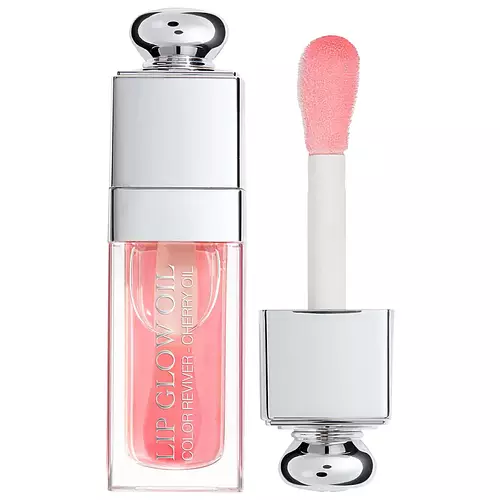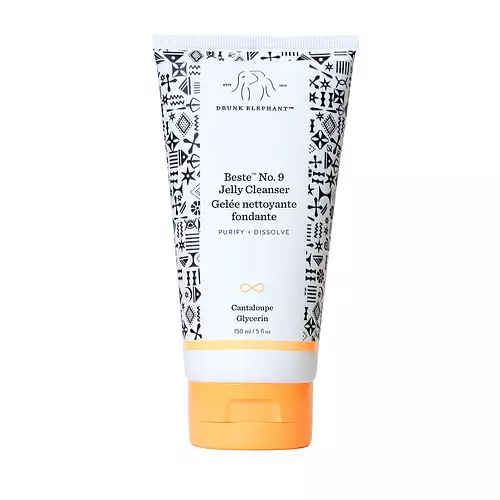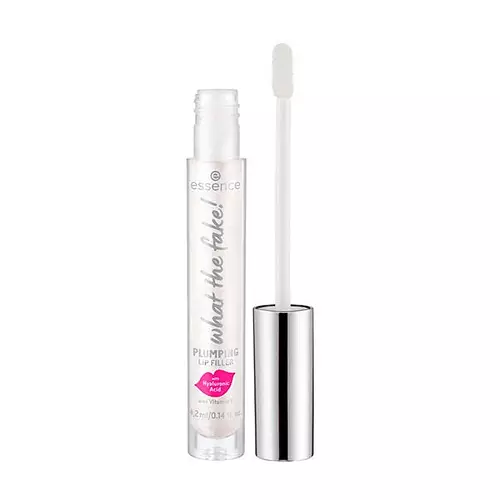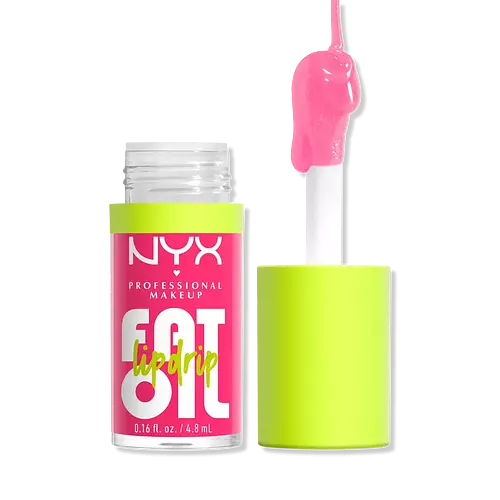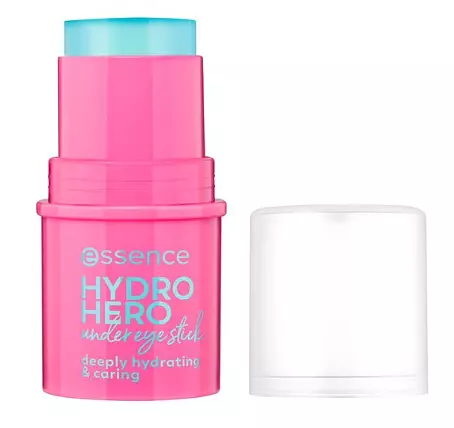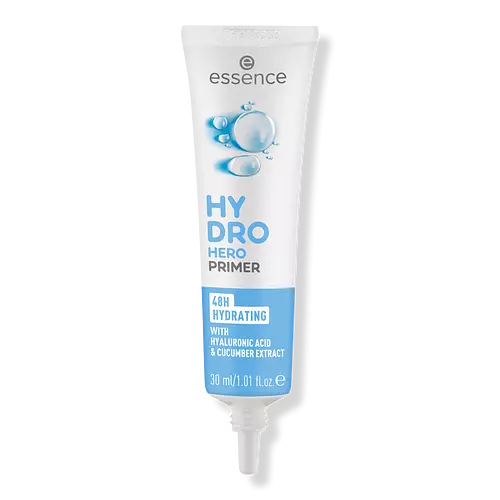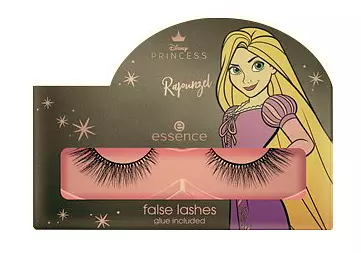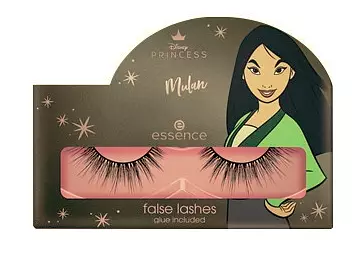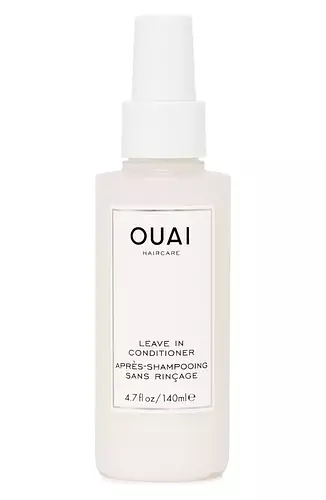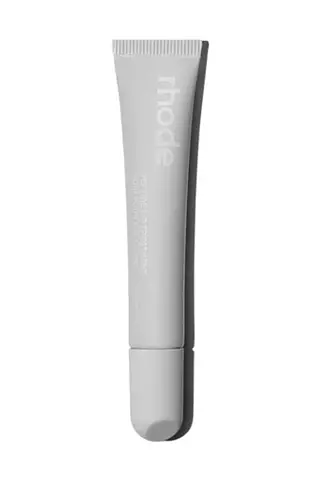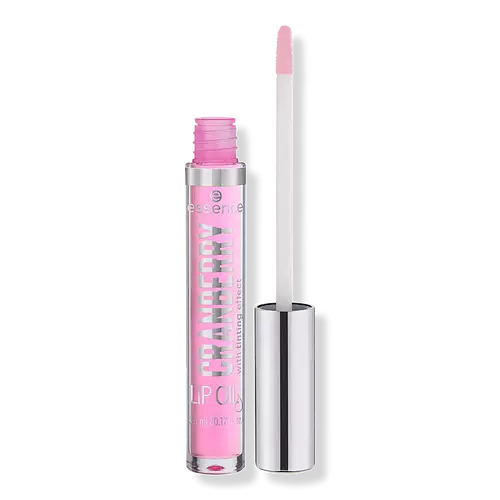
Essence Cranberry Lip Oil Ingredients Explained
Overview
What it is
Lip moisturizer with 11 ingredients that contains Vitamin E
Cool Features
It is vegan, cruelty-free, and reef safe
Suited For
It has ingredients that are good for dry skin and brightening skin
Free From
It doesn't contain any harsh alcohols, parabens, silicones or sulfates
Fun facts
Essence is from Germany. This product is used in 3 routines created by our community.
We independently verify ingredients and our claims are backed by peer-reviewed research. Does this product need an update? Let us know.
Lip moisturizer with 11 ingredients that contains Vitamin E
Quick info
You should know
Notable Ingredients
This product contains 1 ingredient that may have this attribute:
Benefits
This product contains 1 ingredient that may have this attribute:
This product contains 1 ingredient that may have this attribute:
Concerns
This product contains 1 ingredient that may have this attribute:
This product contains 1 ingredient that may have this attribute:
This product contains 1 ingredient that may have this attribute:
This product contains 1 ingredient that may have this attribute:
Ingredients 11
Polybutene is used to help control the viscosity of a product. This just means it helps adjusts the texture.
Hydrogenated Polyisobutene is a synthetic polymer. Polymers are compounds with high molecular weight. Hydrogenated Polyisobutene is an emollient and texture enhancer.
Ethylhexyl Palmitate is created from 2-ethylhexyl alcohol and palmitic acid. It is a fatty acid ester.
Vaccinium Macrocarpon Seed Oil is created from the seeds of the North American cranberry plant. This plant is native to eastern Canada.
This ingredient is the fixed oil extracted from seeds of the desert shrub Jojoba. It is more commonly known as jojoba oil. The seed oil is liquid wax ester from the plant. It is non-comedogenic.
Tocopheryl Acetate is AKA Vitamin E. It is an antioxidant and protects your skin from free radicals. Free radicals damage the skin by breaking down collagen.
Ethylhexylglycerin (we can't pronounce this either) is commonly used as a preservative and skin softener. It is derived from glyceryl.
Phenoxyethanol is a preservative that has germicide, antimicrobial, and aromatic properties. Studies show that phenoxyethanol can prevent germ and microbial growth. By itself, it has a scent that is similar to that of a rose.
Benzyl Benzoate is usually created from the condensation of benzoic acid and benzyl alcohol. It is used as a preservative, solvent, and has a floral/balsamic scent in large amounts.
Parfum is a catch-all term for an ingredient or more that is used to give aroma to products. Parfum, or fragrance, can be a blend of hundreds of chemicals or plant oils. This means every product with "fragrance" or "Parfum" in the ingredients list is a different mixture.
Ci 45410 is a synthetic red-pigment and dye. It is a flourescein dye and commonly used as a fluorescent tracer in medicine.
Ingredient Ratings
Based on the number of likes and dislikes each ingredient has received.
Ingredients Explained
Polybutene is used to help control the viscosity of a product. This just means it helps adjusts the texture.
It is a polymer and does not get absorbed into the skin due to its large size.
Studies found this ingredient did not irritate skin in concentrations below 15%.
Learn more about PolybuteneHydrogenated Polyisobutene is a synthetic polymer. Polymers are compounds with high molecular weight. Hydrogenated Polyisobutene is an emollient and texture enhancer.
In one study, Hydrogenated Polyisobutene showed better skin hydration levels than Caprylic/Capric Triglyceride. As an emollient, it helps keep your skin soft and hydrated by trapping moisture in.
Hydrogenated Polyisobutene is often used as a mineral oil replacement.
Learn more about Hydrogenated PolyisobuteneEthylhexyl Palmitate is created from 2-ethylhexyl alcohol and palmitic acid. It is a fatty acid ester.
The fatty acid content of Ethylhexyl Palmitate makes it an emollient. Emollients help soften and hydrate your skin by trapping moisture within.
Ethylhexyl Palmitate is also used to help improve the texture of cosmetics. It helps other ingredient dissolve in products and help disperse ingredients more evenly. In fact, it is commonly used to evenly mix sunscreen ingredients such as avobenzone and ethylhexyl triazone. It can also help stabilize the fragrances in a product as a fragrance fixative.
Ethylhexyl Palmitate can be used to substitute mineral oil.
Learn more about Ethylhexyl PalmitateVaccinium Macrocarpon Seed Oil is created from the seeds of the North American cranberry plant. This plant is native to eastern Canada.
Cranberry seed oil has antioxidant, anti-inflammatory, and hydrating properties.
Due to its high linolenic acid, linoleic acid, and oleic acid content, cranberry seed oil is an effective emollient. Emollients help hydrate the skin by creating a film on the skin. This barrier prevents moisture from escaping. Linolenic acid also has anti-inflammatory properties.
Cranberry seeds also contain Vitamin E and Vitamin C, both potent antioxidants.
Learn more about Vaccinium Macrocarpon Seed OilThis ingredient is the fixed oil extracted from seeds of the desert shrub Jojoba. It is more commonly known as jojoba oil. The seed oil is liquid wax ester from the plant. It is non-comedogenic.
Jojoba oil does not contain fragrance and has many fatty-acids, making it a great soothing ingredient. Jojoba contains Vitamin E, a great moisturizing ingredient. Vitamin E is also an antioxidant. Antioxidants help protect your skin against free-radical damage. This may help in anti-aging.
Jojoba seed oil is a humectant, meaning it helps draw moisture from the air. This helps keep your skin hydrated.
While jojoba has antibacterial properties, it is only able to kill some bacteria. It has also been shown to help in wound healing. Indigenous cultures have used jojoba as a moisturizer and to help treat burns.
It is found to be similar to natural human skin sebum, so it has a great effect on dry skin. Jojoba oil may even help with regulating sebum production.
Although jojoba oil is non-comedogenic, we recommend speaking with a professional about using this ingredient if you have any concerns.
Jojoba oil may not be fungal acne safe. We recommend speaking with a professional if you have any concerns.
Jojoba is native to the southwestern US.
Learn more about Simmondsia Chinensis Seed OilTocopheryl Acetate is AKA Vitamin E. It is an antioxidant and protects your skin from free radicals. Free radicals damage the skin by breaking down collagen.
One study found using Tocopheryl Acetate with Vitamin C decreased the number of sunburned cells.
Tocopheryl Acetate is commonly found in both skincare and dietary supplements.
Learn more about Tocopheryl AcetateEthylhexylglycerin (we can't pronounce this either) is commonly used as a preservative and skin softener. It is derived from glyceryl.
You might see Ethylhexylglycerin often paired with other preservatives such as phenoxyethanol. Ethylhexylglycerin has been found to increase the effectiveness of these other preservatives.
Phenoxyethanol is a preservative that has germicide, antimicrobial, and aromatic properties. Studies show that phenoxyethanol can prevent germ and microbial growth. By itself, it has a scent that is similar to that of a rose.
It's often used in formulations along with Caprylyl Glycol to preserve the shelf life of products.
Benzyl Benzoate is usually created from the condensation of benzoic acid and benzyl alcohol. It is used as a preservative, solvent, and has a floral/balsamic scent in large amounts.
As a preservative, Benzyl Benzoate works against bacteria and fungus. It is often used to treat scabies and lice in medicine.
Solvents are used to keep ingredients together in a product. They can help dissolve ingredients to stable bases or help evenly distribute ingredients throughout the product.
Due to its fragrance, Benzyl Benzoate can be sensitizing and may cause contact dermatitis. It is a known EU allergen. We recommend speaking with a professional if you have any concerns.
Benzyl Benzoate can be naturally found in cranberries and peaches.
Learn more about Benzyl BenzoateParfum is a catch-all term for an ingredient or more that is used to give aroma to products. Parfum, or fragrance, can be a blend of hundreds of chemicals or plant oils. This means every product with "fragrance" or "Parfum" in the ingredients list is a different mixture.
In the US, the alternative name for parfum is 'fragrance'. The term 'fragrance' is not regulated in many countries. In many cases, it is up to the brand to define this term.
For instance, many brands choose to label themselves as "fragrance-free" because they are not using synthetic fragrances. However, their products may still contain ingredients such as essential oils that are considered a fragrance. One example is Calendula flower extract. Essential oil ingredients still impart a scent or 'fragrance'.
Depending on the blend, it can cause allergies and sensitivities on the skin. Some ingredients that are known EU allergens include linalool and citronellol.
Products use parfum often to give products a scent or cover up smells of different ingredients.
The bottom line is: not all fragrances/parfum/ingredients are created equally. If you are worried about fragrances, we recommend taking a closer look at an ingredient. And of course, we always recommend speaking with a professional.
Learn more about ParfumCi 45410 is a synthetic red-pigment and dye. It is a flourescein dye and commonly used as a fluorescent tracer in medicine.
When to use
How this product is used by our community
Directions
1. Using the applicator, apply lip oil directly to lips.
2. Wear alone or pair with a lipstick.
1. Using the applicator, apply lip oil directly to lips.
2. Wear alone or pair with a lipstick.
Reviews
XxxLieve_skincarexxX
Love it!
I love this Cranberry lip oil, it last long and it feels soft on the lips. It doesn have a taste but it smells a bit ( in a good way). ...
Love it!
I love this Cranberry lip oil, it last long and it feels soft on the lips. It doesn have a taste but it smells a bit ( in a good way). The color is also great not to bright and not to dark!
Compared With
Here are some products that it's often compared with
More Essence Products
See all Essence productsMore Lip Moisturizers
See all lip moisturizersWe're dedicated to providing you with the most up-to-date and science-backed ingredient info out there.
The data we've presented on this page has been verified by a member of the SkinSort Team.
Read more about us



